D7 Visa in Portugal: Residency for Passive Income Earners

- Remove the current class from the content27_link item as Webflows native current state will automatically be applied.
- To add interactions which automatically expand and collapse sections in the table of contents select the content27_h-trigger element, add an element trigger and select Mouse click (tap)
- For the 1st click select the custom animation Content 27 table of contents [Expand] and for the 2nd click select the custom animation Content 27 table of contents [Collapse].
- In the Trigger Settings, deselect all checkboxes other than Desktop and above. This disables the interaction on tablet and below to prevent bugs when scrolling.
Commonly known as the Passive Income Visa, the D7 Visa offers an attractive solution for individuals seeking long-term residency while earning income from abroad. This visa is designed for retirees and financially independent individuals who can support themselves without local employment. Here are the key considerations from a tax and legal perspective.
What Is the D7 Visa?
Portugal's D7 visa is a residence permit introduced in 2007 for non-EU/EEA/Swiss nationals who earn passive income — such as pensions, dividends, or rental income. Unlike the D8 Visa, which is aimed at remote workers, the D7 was created for those who are financially self-sufficient and don’t need to work. It's a widely chosen route by those seeking a high quality of life combined with the legal benefits of Portuguese residency, including access to the revised Non-Habitual Resident (NHR 2.0) tax regime.
Who Is Eligible for a D7 Visa in Portugal?
This visa is particularly suitable for:
- Retirees receiving pensions.
- Individuals living off rental income.
- Holders of dividend-paying investments.
- People with royalties or other steady passive income streams.
In short, it’s a strong option for anyone who can show sufficient passive income to cover living expenses in Portugal, without the need for employment.
Portugal’s D7 Visa Income Requirements
In terms of income requirements for the D7 Visa, applicants must demonstrate a minimum income of:
- €820 per month (100% of Portugal’s minimum wage) for the main applicant.
- €410 per month (50%) for a spouse or partner.
- €246 per month (30%) per dependent child.
These figures are indexed to the Portuguese minimum wage and may change annually. It’s advisable to show income above these thresholds to strengthen the application.
Suitable Types of Income
- Pensions (private or public).
- Rental income from property abroad.
- Dividends from investments.
- Royalties, intellectual property, or licensing fees.
- Interest from savings or fixed-income securities.
Employment income or self-employment may be accepted, but are not considered passive and could prompt a reassessment of visa type.
How to Apply for the D7 Visa in Portugal
The process typically involves two steps: applying at the Portuguese consulate in the applicant’s country of residence and then finalizing residency status with the Agência para a Integração, Migrações e Asilo (AIMA), the new authority that replaced SEF (Serviço de Estrangeiros e Fronteiras) in 2023.
Step 1: Submitting a Visa Application at the Consulate
Required documents include:
- Valid passport.
- Two passport-sized photos.
- Completed visa application form.
- Proof of passive income.
- Recent bank statements.
- Criminal record check.
- Valid health insurance.
- Portuguese NIF (tax ID number).
- Proof of accommodation in Portugal (rental contract or property deed).
While standard processing times are listed as 30 to 60 days, recent trends suggest that delays are common due to high demand. Applicants should anticipate longer wait times and plan ahead accordingly. Speaking with a tax and financial advisor can help streamline the process and avoid unnecessary delays.
Step 2: Getting a Portuguese Residence Permit
After entering Portugal on a D7 visa, applicants must schedule an appointment with AIMA to obtain a two-year residence permit. This permit is renewable for another three years and can lead to permanent residency or citizenship after five years.

Frequently Asked Questions Regarding Portugal's D7 Visa
How Long is the D7 Visa Valid For?
The initial visa allows for a 120-day stay in Portugal. After securing a residence permit, the aforementioned permit is valid for a period of two years and renewable for an additional three years. Following a five-year period of legal residency, applicants become eligible for permanent residence or citizenship.
Can Buying a House Support a D7 Visa Application?
Yes. Although property ownership is not obligatory, purchasing real estate in Portugal can serve as proof of accommodation. However, it should be noted that this factor does not influence the outcome of the D7 Visa application in Portugal unless it is accompanied by sufficient passive income.
How Much Money Do I Need for a D7 Visa in Portugal?
While the minimum required is €820 per month, it is advisable for applicants to consider a more realistic budget:
- Upfront rental costs (typically 6-12 months of lease).
- Health insurance premiums (€400-€800 annually).
- Relocation and legal fees.
- Contingency savings (many consulates prefer applicants to show 12 months of income in a Portuguese bank account).
Tax Implications Under the Portuguese Law
Holders of a D7 (Passive Income Visa) become tax residents if they spend more than 183 days per year in Portugal or establish a habitual residence there. As tax residents, they may:
- Benefit from the revised NHR 2.0, which offers reduced tax rates or exemptions for eligible foreign income over 10 years.
- Be subject to progressive tax rates on Portuguese-sourced income (14.5% to 48%).
- Need to report global income annually.
Portugal has tax treaties with many countries to avoid double taxation. A detailed tax analysis is crucial for those with complex financial profiles.
D7 Visa in Portugal: A Gateway for Long-Term Residency
The D7 Visa is regarded as one of the most accessible residency pathways in Portugal and Europe, for retirees and passive income earners. This initiative offers more than just legal status—it provides access to Portugal's healthcare system, lifestyle, and long-term stability. And, while the paperwork is manageable, financial and tax considerations require careful planning.
If the plan is to relocate, structure your income efficiently, and stay compliant, having expert support is vital. Early consultation with experienced professionals can streamline the process and help avoid common missteps when it comes to compliance and long-term financial planning.
At Tytle, we provide advanced tax solutions for expats, including:
- Accounting/bookkeeping
- Accurate tax filing
- Estate planning
- Cross-border advice
- Immigration services
- And much more!
For more expert tax filing advice, feel free to explore: “Portugal Golden Visa: Investment, Residency, EU Citizenship” and “Americans Freelancing in Portugal: Keep US LLC or Go Local?”
See our latest articles
Get affordable tax help in Portugal now!


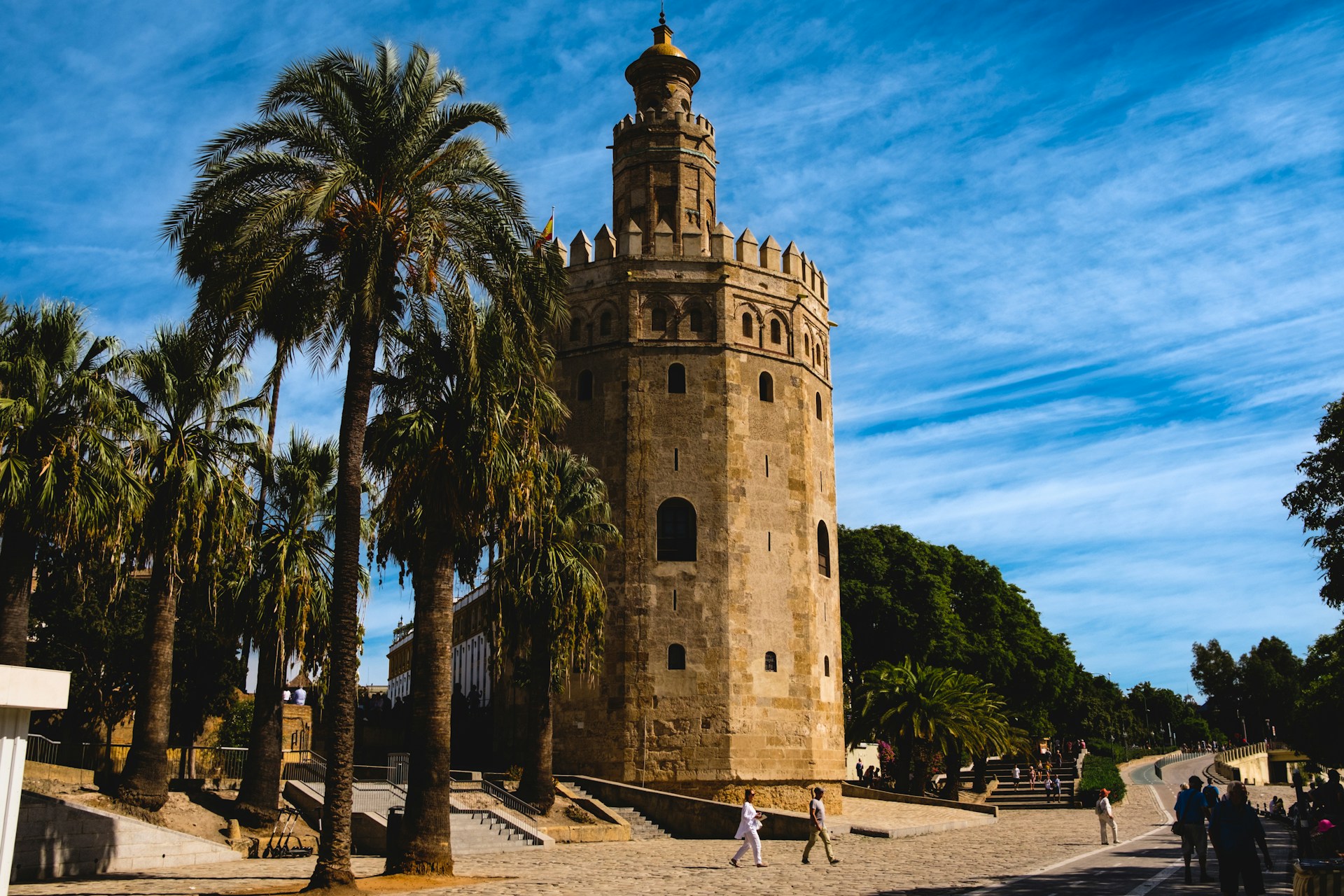
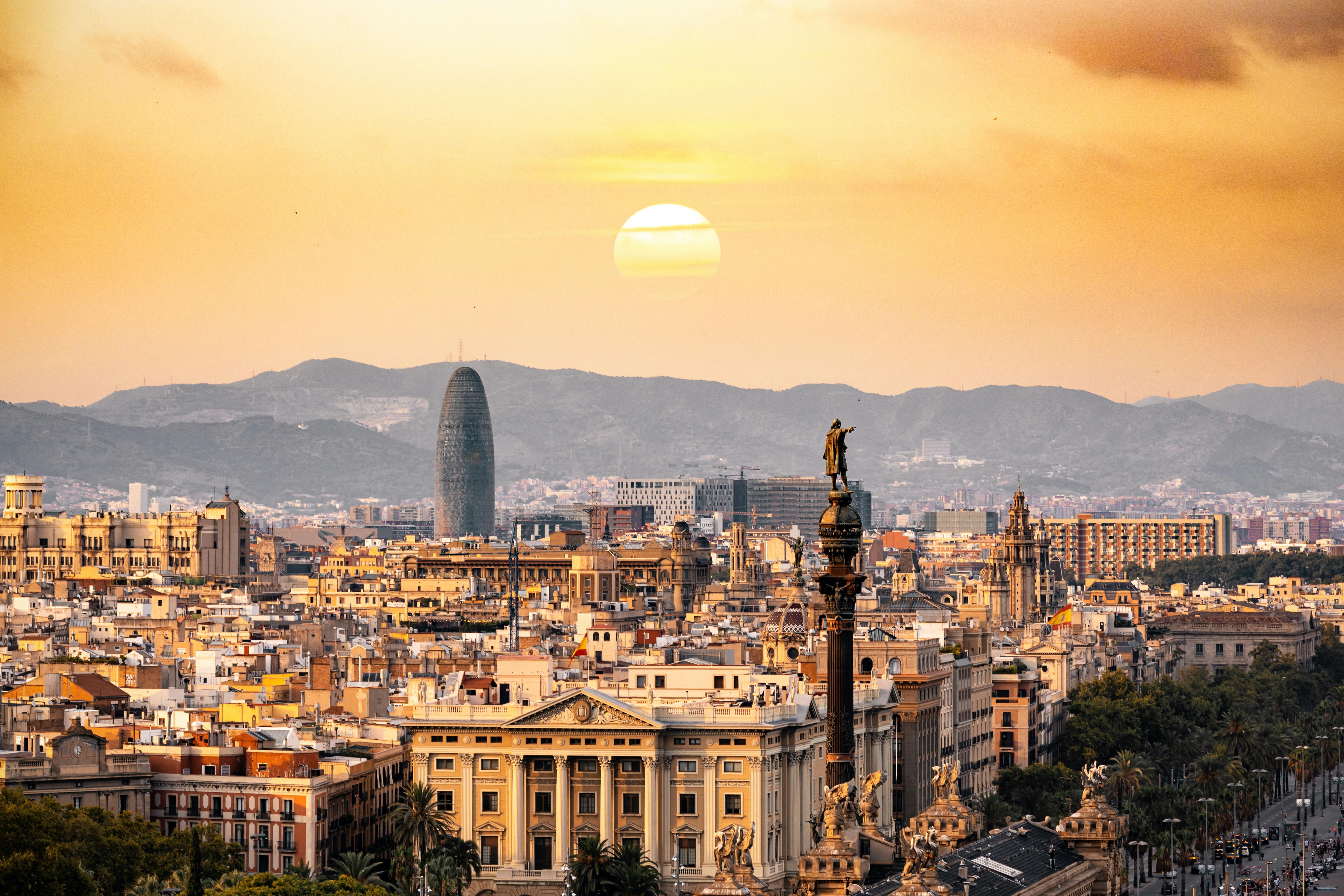

.png)
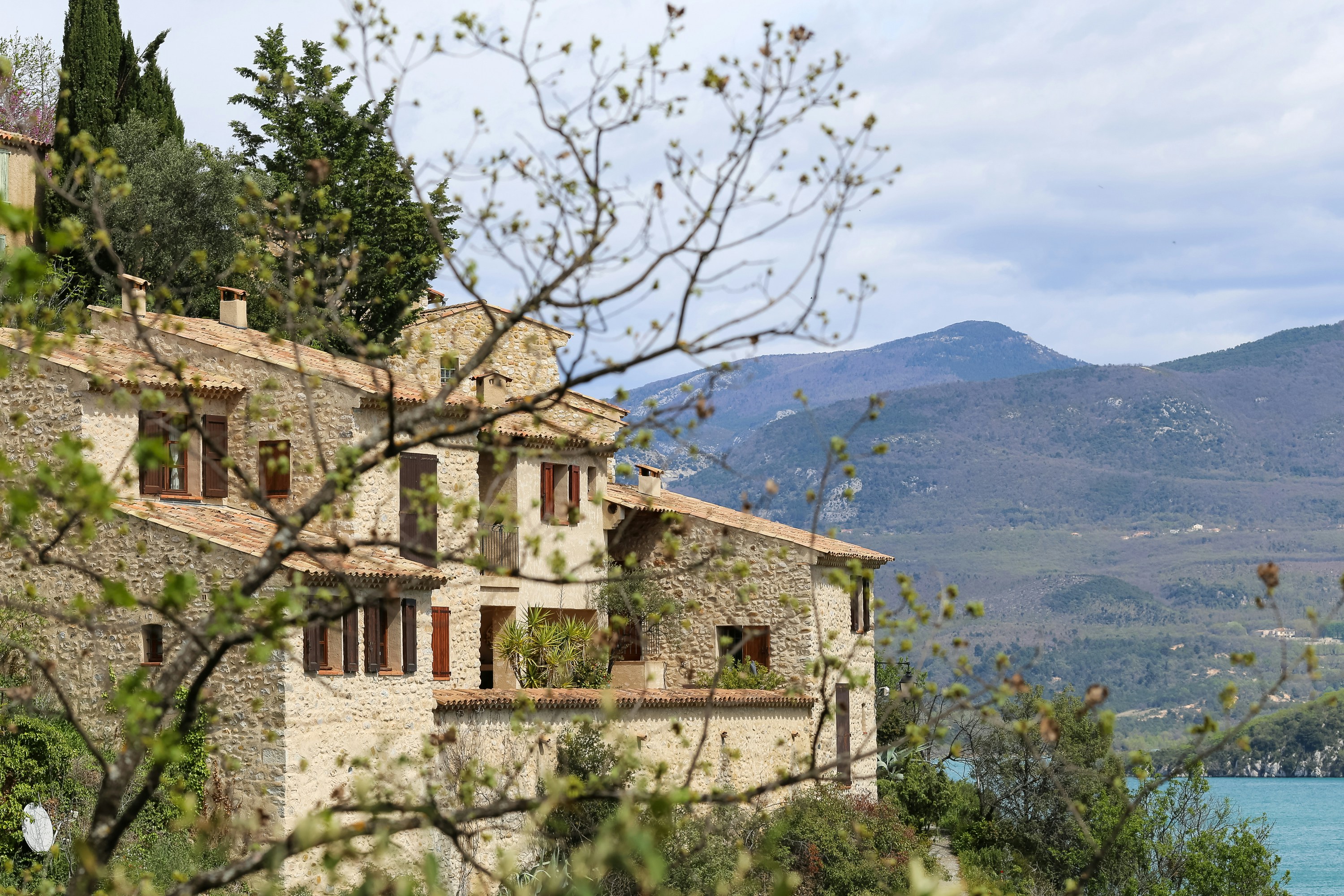

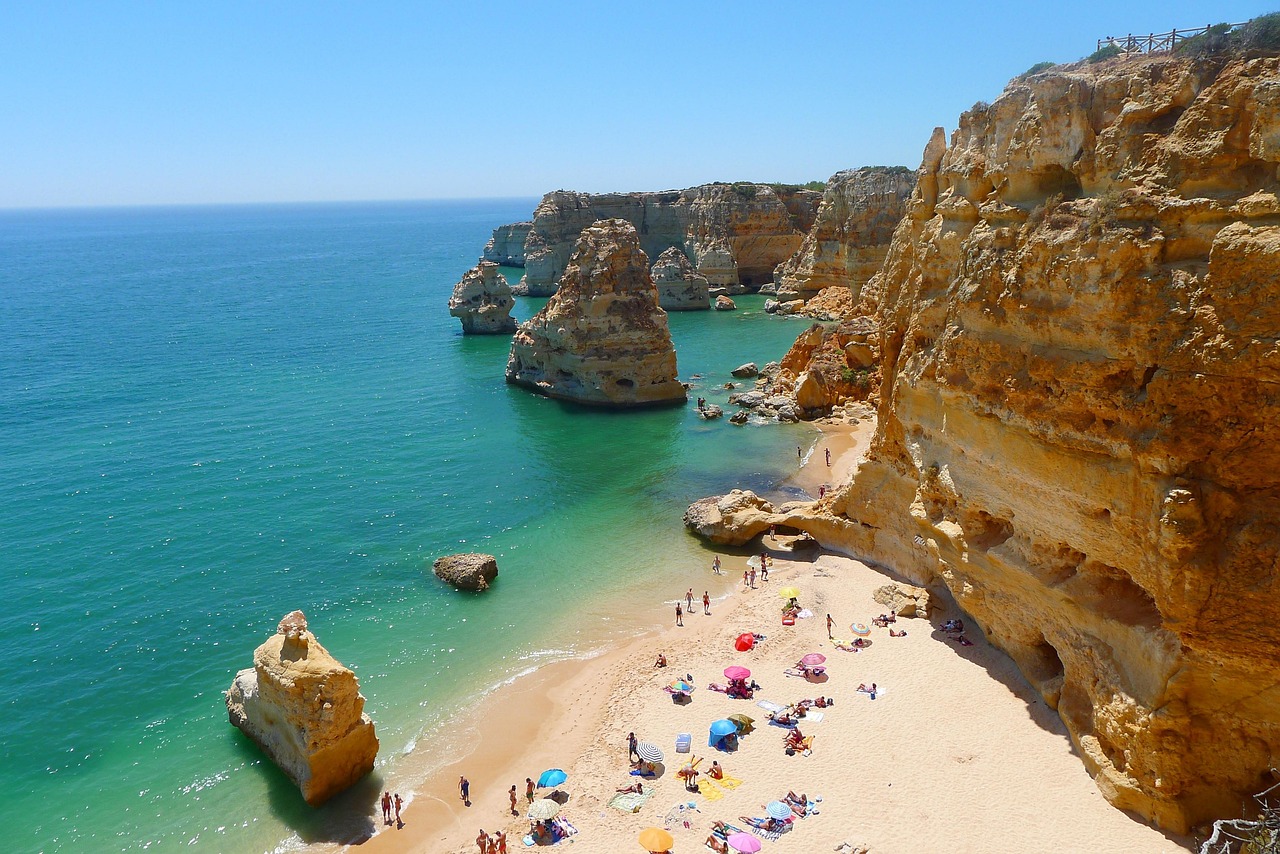
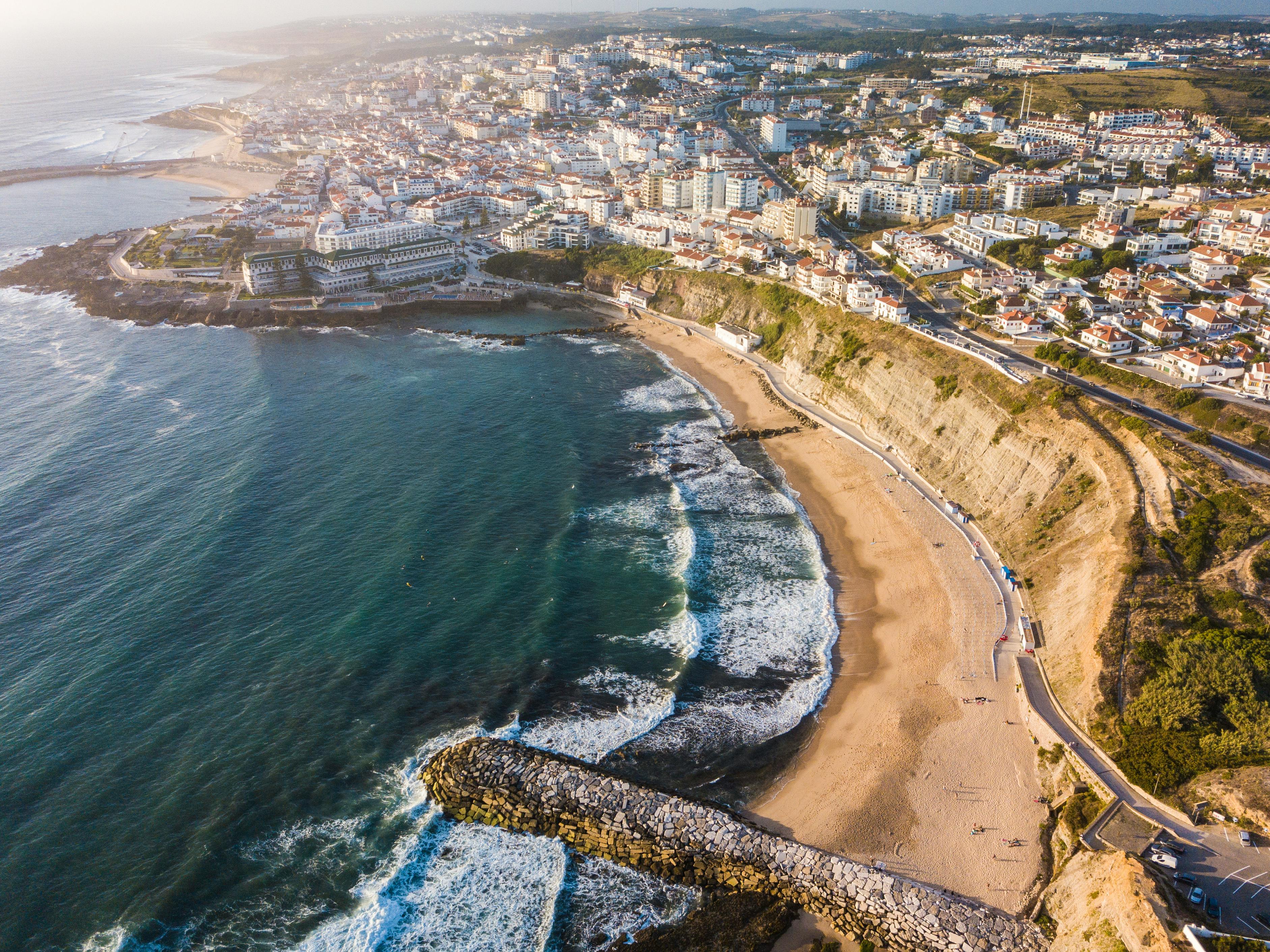
















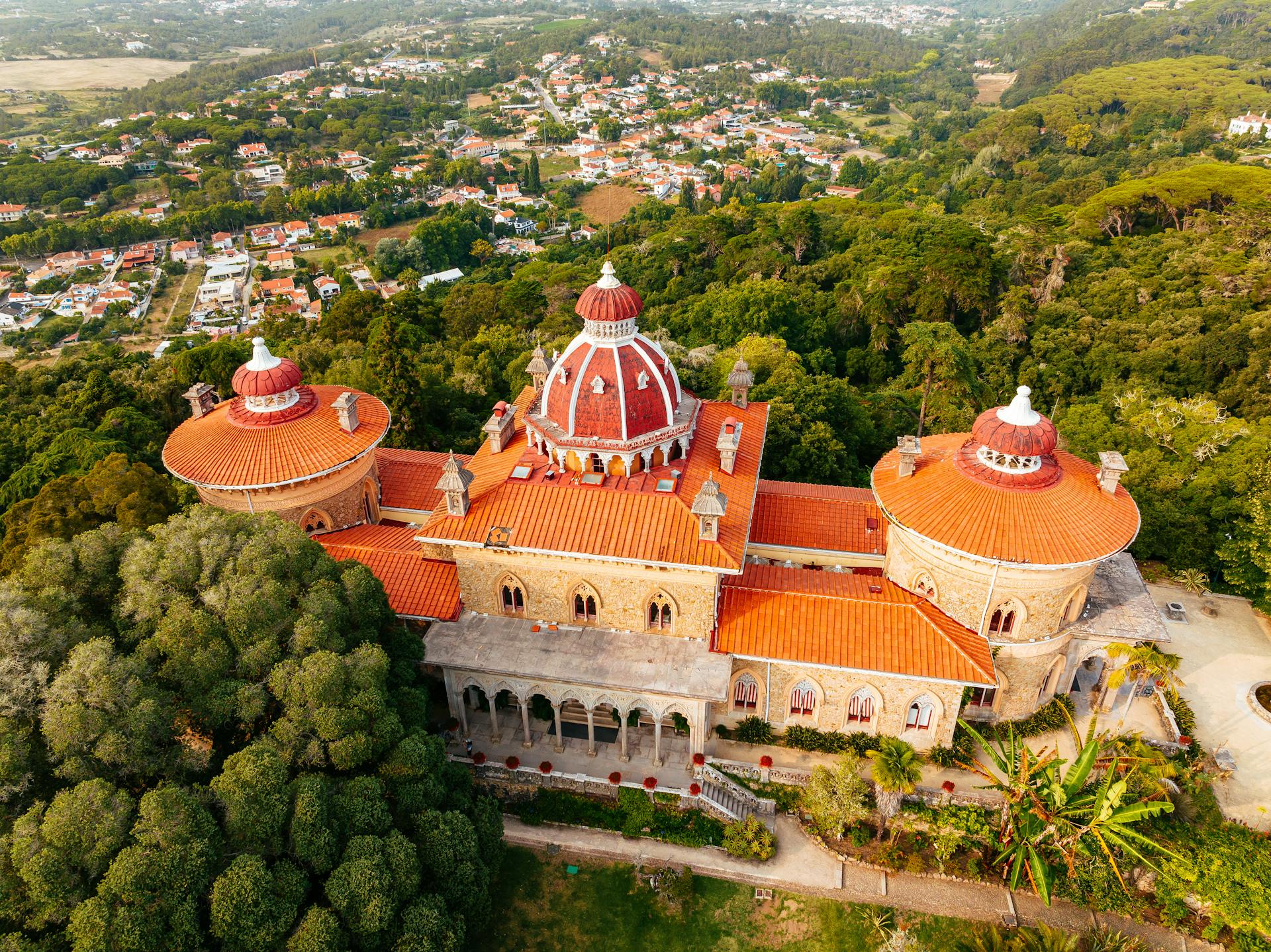



.webp)
.webp)



.webp)
.webp)

.webp)


.webp)





